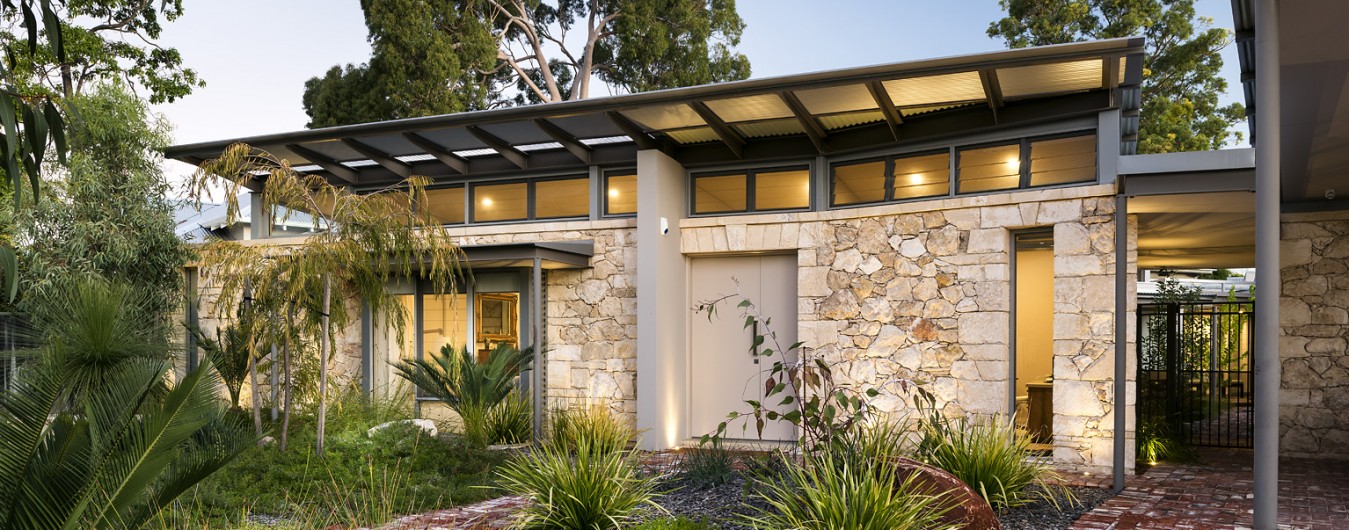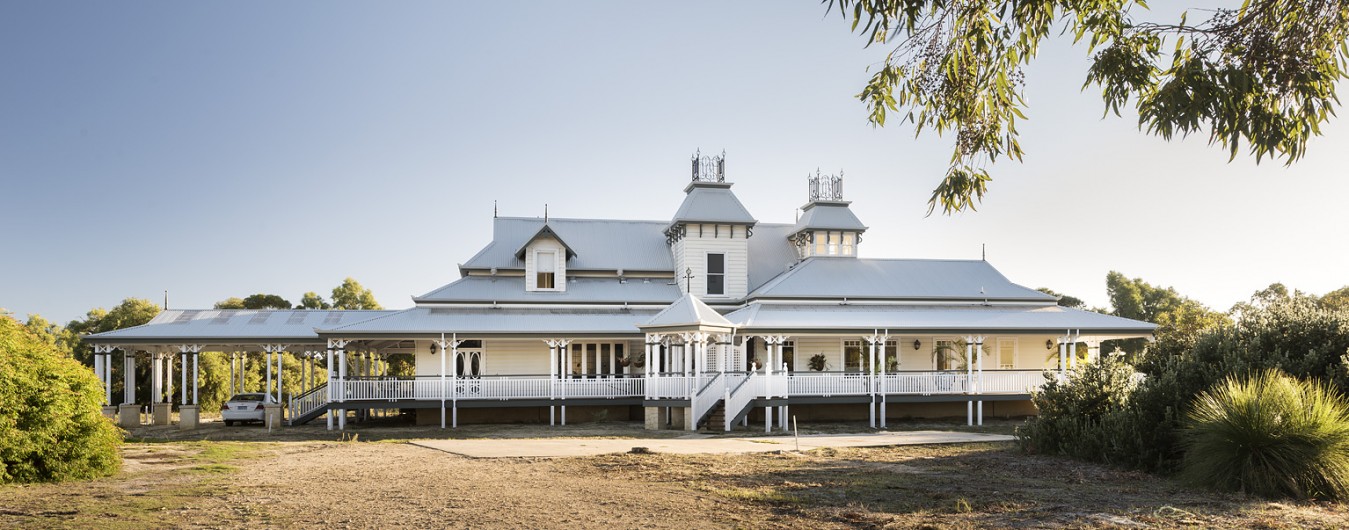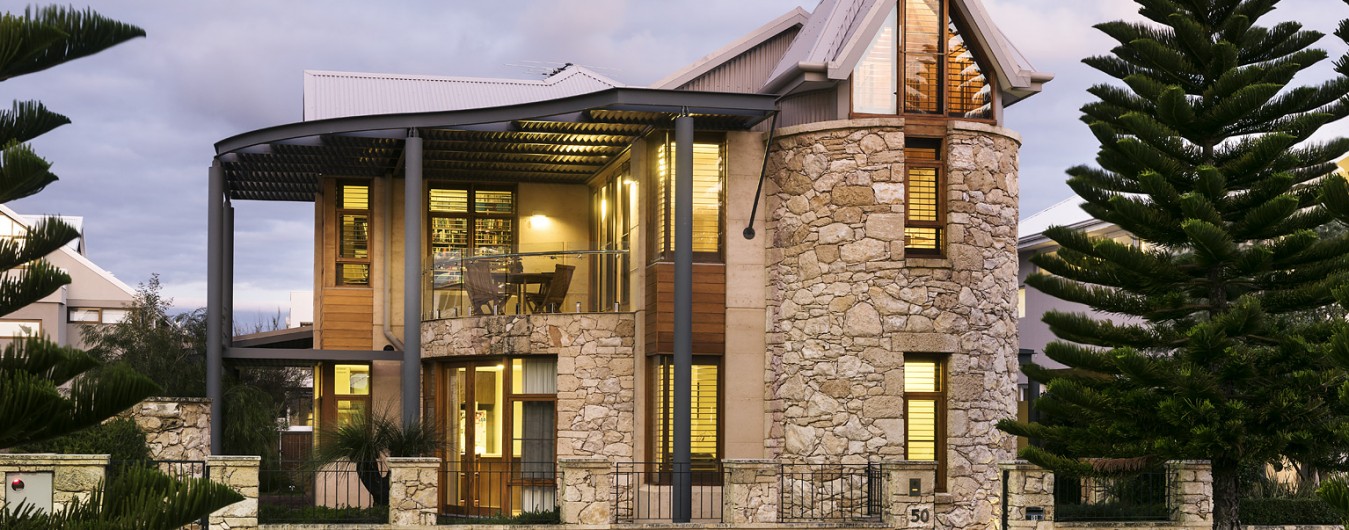Australian Solar Energy Society and Renewable Energy Costs
Renewable Energy Costs Decreasing – Interesting Times Ahead
The Australian Solar Energy Society [AuSES] executive and Board members are fully aware that 2012 and 2013 will be a chaotic time of change for the world community as far as our economic relationship with energy goes.
Fair Price for Solar Energy
John Grimes, CEO of AuSES at the National Conference Dinner last December made the point that a fair price for solar is the main objective for the industry in the short term, but governments are basically running behind reality.
The price of fossil fuel is set to rise dramatically in 2013 as many peak oil economists are predicting and this will herald a new era for the world. Renewable energy costs are becoming very competitive, with the result that our energy supplies will undergo constant change from now on.
Renewable Energy Costs Changing the World
Due to comparatively low renewable energy costs in mainstream energy supply, it is set to continue expanding dramatically over the next few decades and continue on way past the end of this century.
Renewable energy costs are now so competitive, as Ray Wills of SEA has pointed out, that within two years (and arguably right now), depending on what figures are used, we will see that the world has already changed for all time. However, some government bureaucrats, academics and many analysts may still be unaware of how renewable energy costs have decreased. Therefore it is imperative that state of the art knowledge to passed through to these decision makers.
New World Economic System
The old world economic system has been faltering for a while now but many prominent politicians and financial institutions seem hell-bent to restore ‘business as usual’ as soon as possible.
This of course it is impossible and the real winners in the near future will be those who realize that renewable energy costs have changed for the better and start to embrace a new world economic system that replaces many of the failed constructs developed in the 20th century.
It will not be easy. Communication is the key and the saviour will be the internet.
The way people do business has already changed due to the dissemination of information over the internet. Gone already are the large adverts for automobiles. They are all on the web. Real estate has also gone this way, as has a great deal of consumer product merchandizing.
The transition from offline to online advertising can be expensive and therefore solar-e has initiated the Get Solar Campaign.
Ishaan Khanna – Incoming President AuSES Western Australia
In Western Australia, a sign of change is the appointment of Ishaan Khanna as the new WA President of this AuSES branch. He represents a new younger professional intake into the organization.
Ishaan Khanna works as a Senior Engineer within the Smart Grid Development Branch at Western Power Corporation, a transmission and distribution utility, in Perth, Western Australia.
He graduated from the University of Pune, India with a Bachelor of Engineering degree and completed a Masters Degree in Engineering from the University of Auckland, New Zealand.
His employment experience includes working as a networks engineer for HCL Infinet, a large networking services company in India and as a planning engineer for Unison Networks Limited, a New Zealand electricity utility.
He also worked with a global engineering consulting firm, AECOM, as a Power Systems Engineer, serving transmission and distribution utility clients worldwide.
Ishaan’s recent experience has been in areas of demand side management applications utilizing Smart Grid and Home Area Networks (HAN), hybrid stand-alone power systems and studying the impact of distributed generation on electricity distribution network. His previous experience has been in areas of project management, asset management, system modeling/simulation, reliability and network planning.
Transitioning to Renewable Energy with Smart Grids
Without smart grids the smooth transition to a higher percentage of renewable energy in the electrical system will be very difficult indeed. Therefore a man like Ishaan is the type of key person needed for this smooth transition to a cleaner energy economy and the utilization of more solar energy in our communities and electricity grids as renewable energy costs fall.
Renewable Energy Costs and The International Solar Energy Society
Over the last 50 years the International Solar Energy Society, now represented in Australia by AuSES, has been at the cutting edge of progress. It embraces not only a generation change within its organization but also staying at the cutting edge of solar matters.
From our perspective, at www.solar-e.com nothing has changed – it has simply speeded up. But in many ways history of the society has been left behind as a building block of the present has been created on these solid foundations of ethics and expertise.
A new exciting and period of change is already with us. Those who do not like it are holding back process. Thanks to the decline in renewable energy costs a new era has already begun and the old world is being quickly left behind.
We just need key legislators and champions of industry to realize it and get on board. The train is leaving the station!
See other related articles on this site which may interest you: energy consumption growth peak oil solutions and carbon tax












